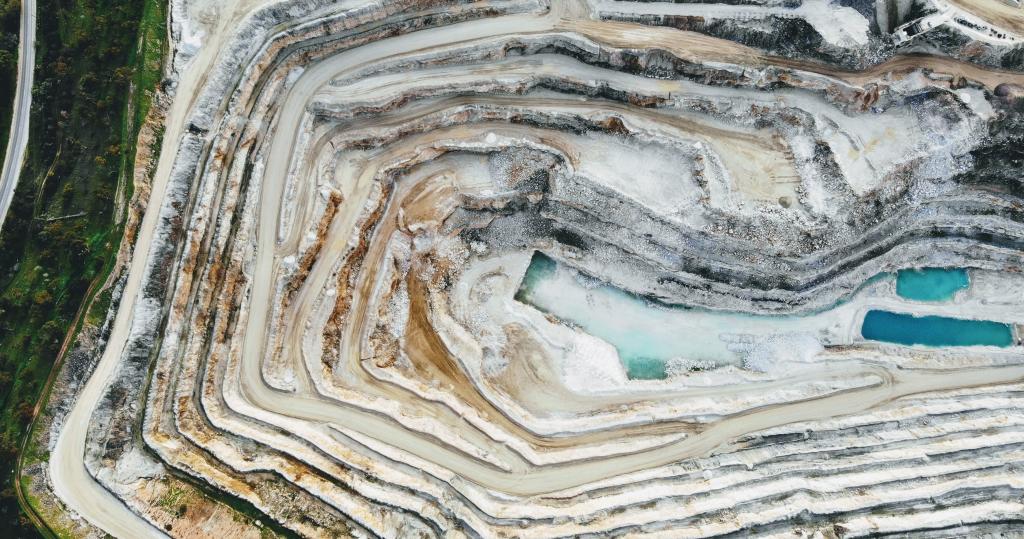An important economy research project under the National Science Agenda (NWO) will start, with TU Delft and Leiden University participating, led bij Utrecht University.
The Netherlands aims to be climate-neutral, fossil-free and circular by 2050. This means that resource use needs to be within planetary limits and safe for the environment and health. This programme develops a future vision of the circular economy. It brings together the complexity of sectors, materials, products, property rights and citizen participation, for example, into an understandable whole through systems thinking.
Goals
Materials and raw materials play a crucial role in all aspects of our society. However, as a society, we are confronted with the limits of materials and raw materials. Extracting raw materials has a huge impact on the climate, biodiversity and our health. Some (so-called critical) raw materials are potentially scarce, whereas, for example, the energy transition requires large quantities of those raw materials.
The transition to a circular economy is a complex trajectory because it influences all parts of the economy and public life. This complexity results in different visions of a society in which raw materials, materials and energy are used sustainably, but also to the need to adjust existing economic arrangements, such as price mechanisms, property rights and determining values so that a sustainable circular society can be realised. If progress is to be achieved, then as a society, we must develop a joint vision of the aim, the possibilities but also the conditions and limitations of the circular economy, so that we can create a sustainable society to provide us and future generations a good and healthy life within the confines of our ecosystem.
Read more on the website of NWO

